- Moi Avenue, Nairobi
Healthcare Cyber Security
Home » Industry Solutions » Healthcare Cyber Security
Advancements in technology-enabled healthcare has given rise explosive growth of interconnected IoT, OT, IT and medical devices all to improve patient care and outcomes. While the healthcare sector is dedicated to saving lives and curing diseases, their systems have become attractive targets for cybercriminals. Care providers at healthcare facilities move from room to room, accessing myriad electronic devices and records to provide the best care possible The adoption of cloud, mobile and Internet-of-Medical-Things (IoMT) technologies in the health sector has improved the quality and efficiency of services; it has also exposed security blind spots that malicious actors can exploit and led to unprecedented levels of cyber-attacks including data breaches and ransomware. Being unaware of threats when they come in and the increased ‘alert noise’ makes it difficult for healthcare providers to clearly identify indicators of a compromise. It is critical to secure all healthcare devices and safeguard medical data by understanding how to prevent cyber-attacks.
Fortified Networks offers the most comprehensive cyber-security solution for healthcare IoT. Our Zero Trust approach coupled with integrated healthcare network security solution eliminates blind spots and delivers unified threat prevention across networks, cloud, mobile endpoint and IoT without disrupting critical business and medical processes.
The increasing Cybersecurity Issues in the Healthcare Industry
The healthcare industry faces a myriad of cybersecurity issues; including:
Phishing Schemes
In Phishing attacks, a cyber-criminal purporting to be a genuine sender targets users through messaging mediums such as Emails, SMS and social media. The cyber-criminal attempts to dupe users to open malicious attachments or hyperlinks to enable the hacker steal data and passwords.
Insider Threats
Insider threats often occur as a result of sabotage by disgruntled employees leaking or selling data and sabotaging corporate systems. They can also occur due to employee negligence resulting in data being leaked or networks and systems being vulnerable to cyberattacks.
Ransomware
Ransomware is malware that gets installed on a computer, holding it hostage and asking for the user to pay a ransom to regain control of their machine. When ransomware infects a machine, the user cannot access any of their applications or data, and they lose control over the computer completely.
Cloud-based Environments
Healthcare organizations are migrating toward cloud-based services, such as data storage solutions and Software-as-a-Service (SaaS) systems. It is crucial for health providers to work with trusted cloud providers and ensure all cloud services are secure and only accessible by authorized users.
Many cyber-crimes in healthcare can be prevented by providing appropriate training on how to prevent data theft, prevent vulnerabilities and spot signs of a cyber-attack.
Why Is Healthcare the Biggest Target for Cyberattacks?
Private Patient Information is Worth a Lot of Money to Attackers
Healthcare providers hold tones of private patient information that are of interest to hackers for financial gain. The details regarding patients also hold other crucial personal identification information that can be used in fraudulent schemes.
Medical Devices Are an Easy Entry Point for Attackers
While most medical devices and IoMT do an excellent job of supporting the work of healthcare practitioners as they care for patients, they were designed without cyber security in mind. Even those with few security measures in place, these devices are easy to penetrate.
Telemedicine and Remote Connectivity
Online consultation has dramatically increased and staffs have to access data remotely, thereby introducing new attack vectors. The remote connectivity is increasingly becoming the new norm, hence the need for secure access for health.
Key Cybersecurity Challenges for Healthcare Providers

Low Latency
Healthcare providers need to manage large volumes of SSL and TLS encrypted network traffic securely with minimal impact on network performance, with latency impacting everything from staff productivity to patient care.

Data Integrity
With increased clinical application integration driven by interoperability, integrity of patient data throughout its life cycle is critical.

Operational Efficiency
For a health facility to have a strong information security posture, it requires quality IT.
Features and Benefits
Integrated Platforms
Our platform aggregates the security architecture for healthcare organizations, from the data center to multiple clouds to myriad lifesaving devices. An open application programming interface (API) helps in the integration of third-party tools for niche coverage and to maximize prior investments.
Cyber-physical Coverage
Our systems have the ability to consolidate voice, networking, security, and surveillance functions into a single system with centralized visibility and control. This helps curb coordinated cyber-physical attacks and keeps facilities, patients, and IT systems safe.
Branch Location Networking and Security
We offer a comprehensive software-defined wide-area network (SD-WAN) and secure networking for branch locations, ensuring optimal security and enhanced network performance.
High Performance and Low Latency
Our next-generation firewalls (NGFWs) are resilient and provide best performance during SSL/TLS inspection and experience extremely low latency rates, helping ensure that vital, encrypted medical data is available without delay.
Insider Threat Protection
Fortified Networks delivers a comprehensive solution to guard against insider threats with robust identity and access management supported by network access control (NAC), intent-based segmentation, deception technology, and user and entity behavior analytics (UEBA).
Governance & Compliance
Our security solutions and reporting help you achieve and maintain compliance with HIPAA and PCI regulations by providing continuous assessments, remediation advice, and reporting.
HIPAA Compliance for the Healthcare Industry
Health Insurance Portability and Accountability Act (HIPAA) is a data privacy regulation that aims to protect the privacy and security of health information and prevent sensitive health data from being disclosed without the consent or knowledge of a patient.

